MixedWood LLC
Business SectorsGreen Certification Sectors
Printing & Publishing
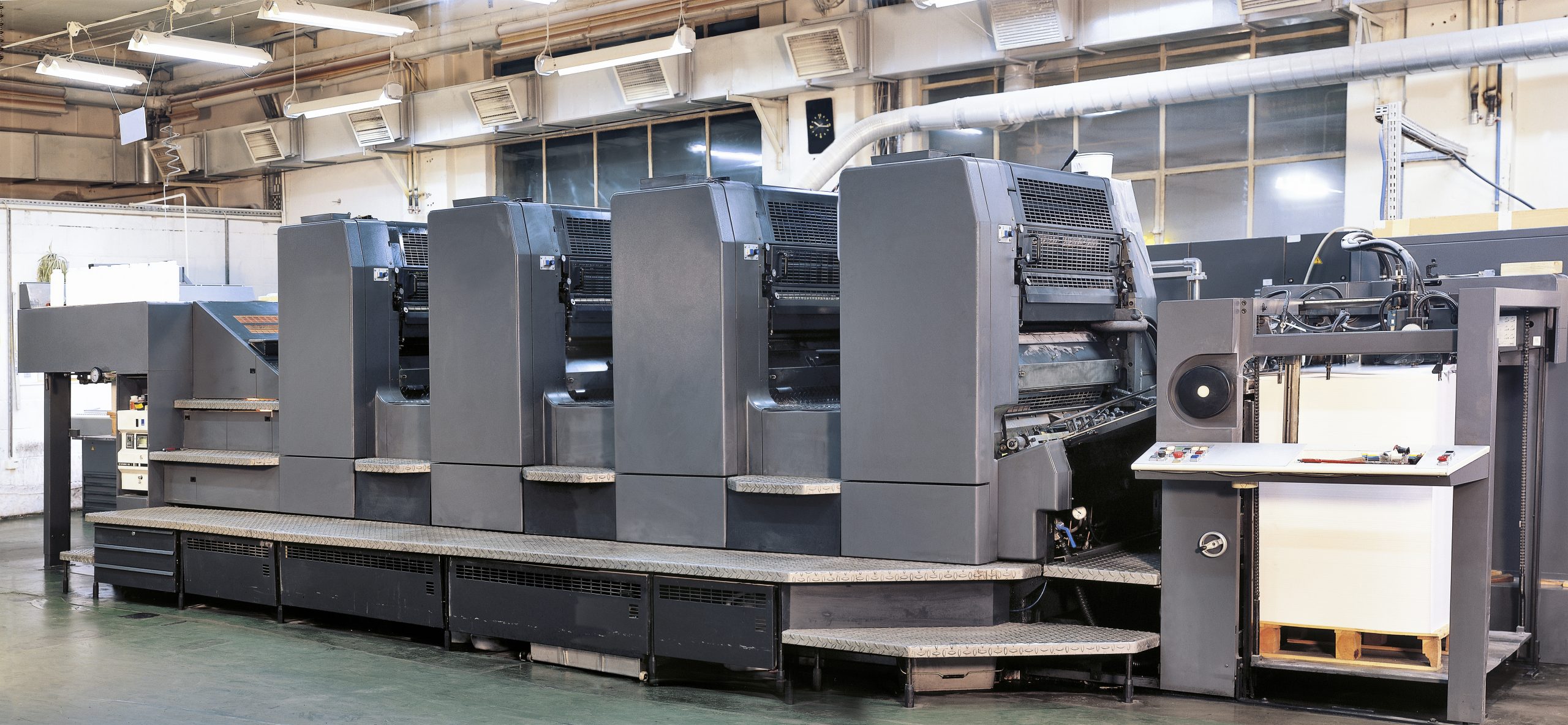
The printing industry was one of the first to buy into certification in a big way. They took many of us (including the paper supply chain) by surprise and had a major role in establishing the FSC® and SFI® brands in the North American marketplace.
Today, Chain of Custody has been implemented and certified in printers of all sizes and scales; from tiny, three-person digital shops to an enormous magazine and catalog publishers. They tend to have the most points in common:
- Simple “transfer-based” Chain of Custody, directly linking inputs to outputs
- Strong focus on the use of on-product labels
- Order-based business-models requiring strong customer service and quick turnarounds.
A few printers have begun exploring alternate Chain of Custody models for credit or percentage-based claims. This requires taking a wide-lens approach to the role of certification in your business but offers significant savings in direct and indirect costs.
In the printing and publishing business, a lot of emphases, energy, and frustration is spent on managing and dealing with labels and trademarks. FSC gets most of the attention here, in part because there is more customer interest in the brand. FSC’s process for controlling the use of trademarks is still very cumbersome and awkward. They’ve taken recent steps to improve things, but some folks are concerned they may be making things even more difficult.
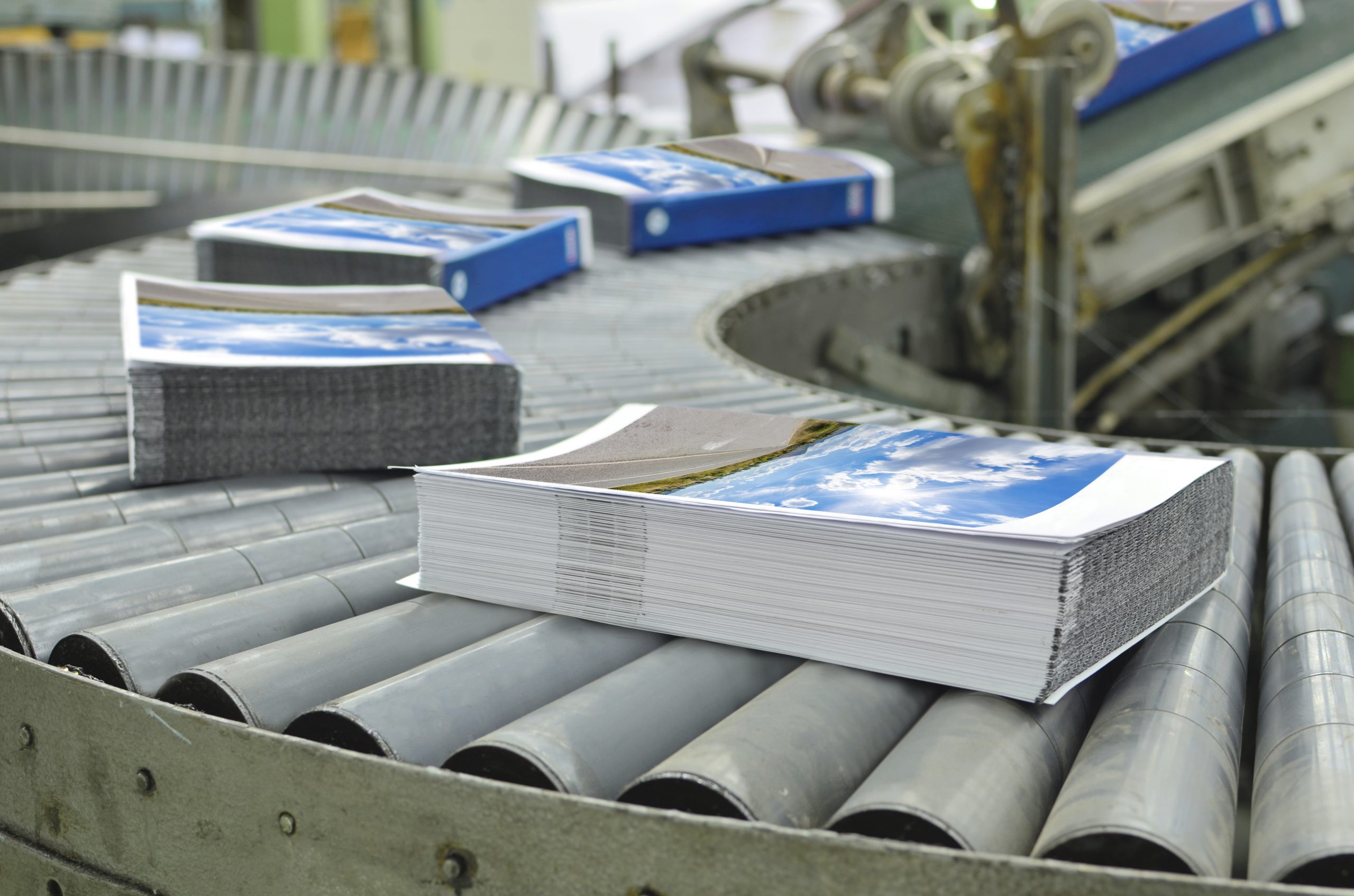
Green Certification Sectors
Paper
The US and Canadian paper manufacturing industry deserves a lot of credit for laying the essential foundation for today’s market for green-certified wood products. Today it is hard to find a North American papermaker who is not making some sort of environmental claim on their products.
Sales and distribution of paper depend heavily on a complex network of paper merchants and distribution companies. Like the printers, these come in all shapes and sizes. And also like the printers, most have adopted or are considering Chain of Custody certification. The best of the paper merchants have embraced their role as facilitator and information source for certified paper products. Look in our Useful Links page for a connection to one of the best of these.
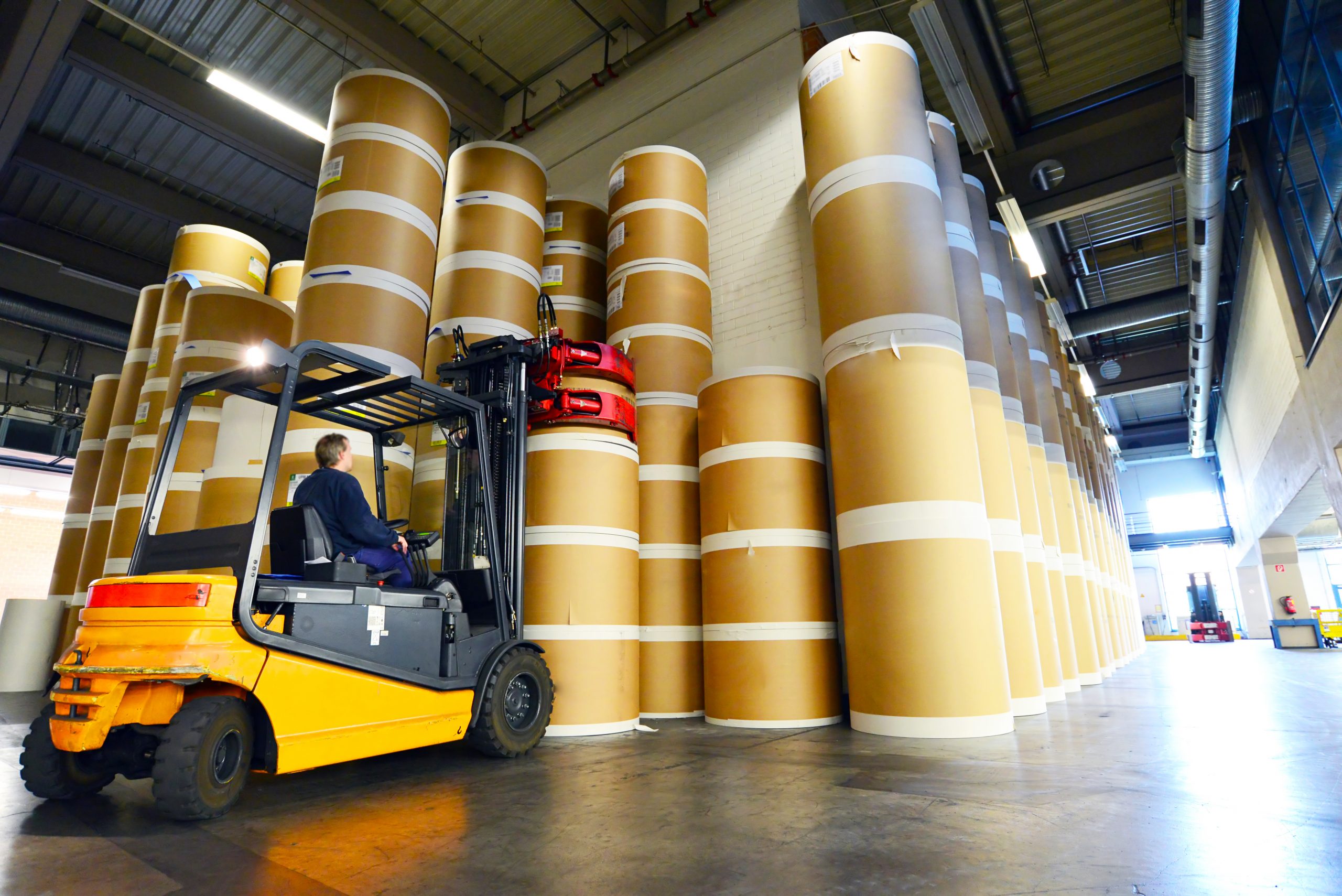
We still observe many examples of immaturity in the market for green-certified paper products. Manufacturers, distributors, and converters often fail to take full advantage of the value-adding opportunities offered by the market. The lesson here is to pick your supply chain partners carefully. MixedWood can help with that.

Green Certification Sectors
Packaging
Paper-based packaging products have always been a major part of the wood products business, but until recently have been a minor part of the Chain of Custody business. This seems to be changing, and we are receiving increasing calls from this industry.
Some of the unique characteristics of this sector include a heavy reliance on recycled grades and generally better opportunities with SFI® (vs FSC®) certification. Complex Chain of Custody models seem to offer better opportunities, and supply chain management often presents challenges.
Green Certification Sectors
Manufacturing
In theory, a green certification claim (& label) can be placed on anything made from wood or wood fiber. In practice, application of FSC® and SFI® labels to manufactured, non-paper consumer goods has been limited.
Small scale, custom shops continue to find good opportunities to distinguish themselves. Uptake in large scale, mass markets has been slower, though, and is currently dominated by imports. Using green certification standards can be a good way to mitigate supply chain risk, but we urge caution here. Standards for verification still vary widely in some parts of the world (e.g. Asia) and expensive challenges can lurk in unexpected places.
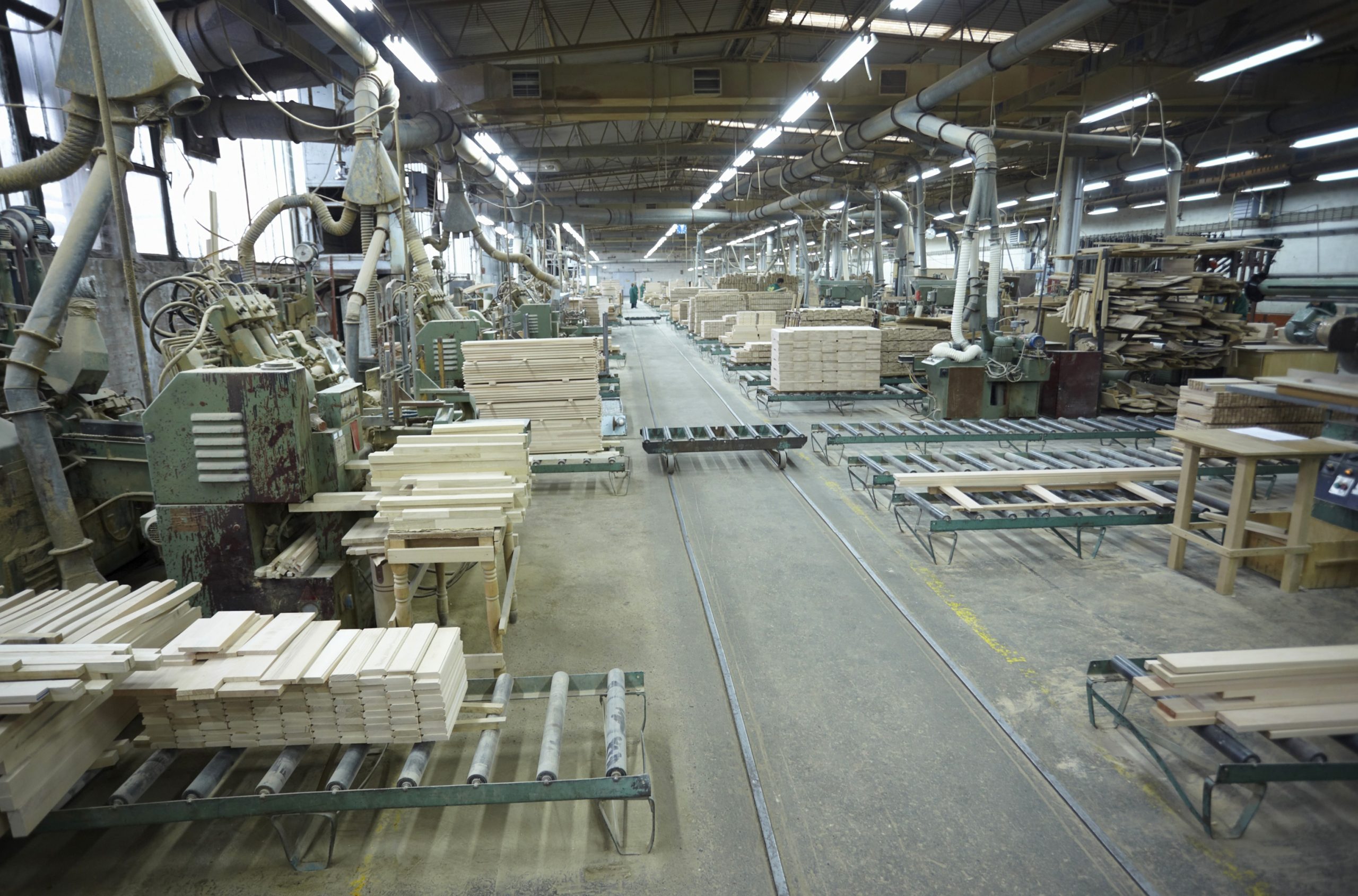
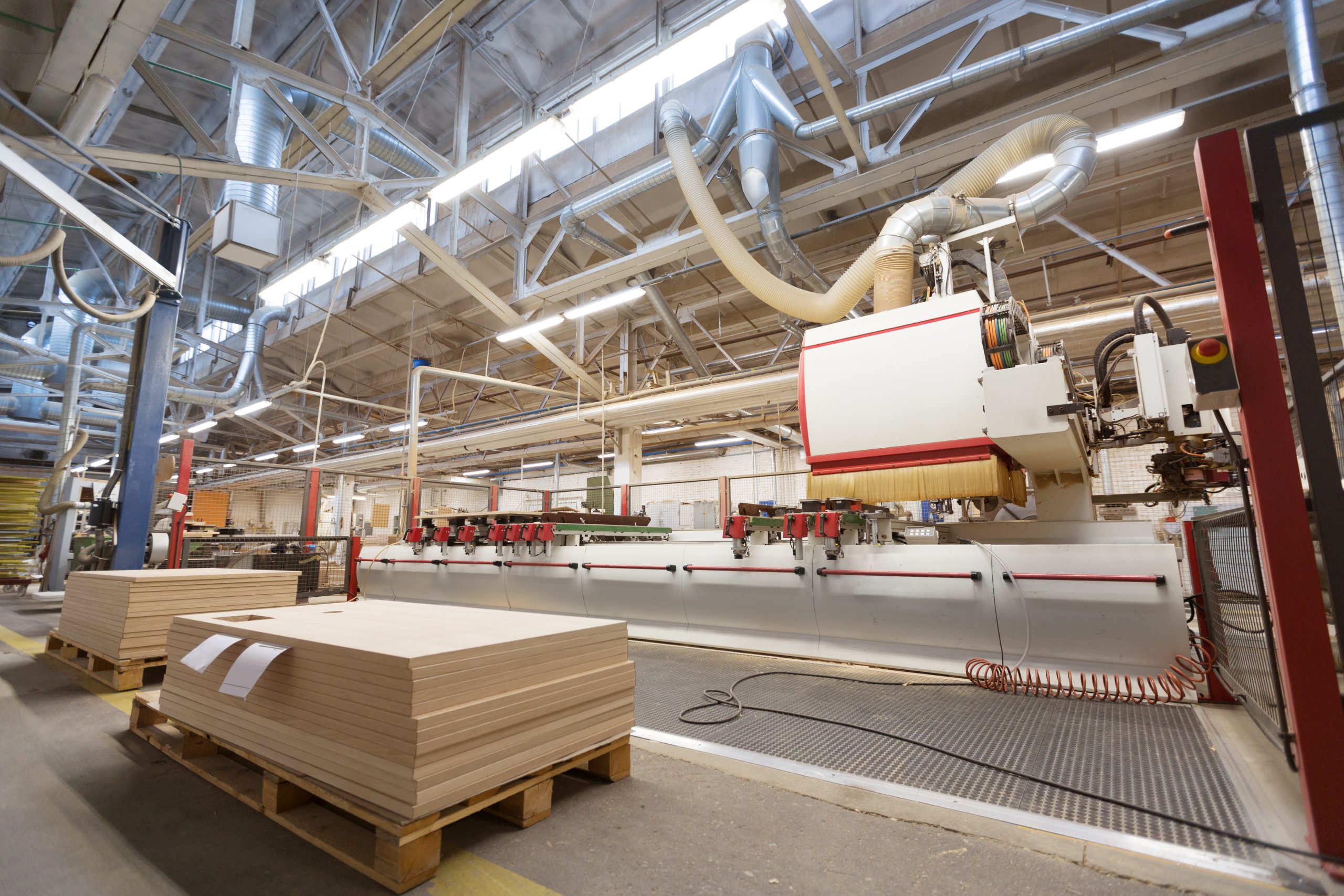
Wood product importers are facing additional business risks associated with illegal timber and the requirements of EUTR and the Lacey Act. These regulations make it a specific crime to trade in any plant-based product that was harvested, traded, or supplied in violation of any national law. They require all companies to exercise “due diligence” to minimize the possibility of inadvertent violations. Enforcement is the US has been very narrow to date, but it could get a lot of attention if a high-profile case is brought.
LEED continues to be a key demand driver here, as it is in lumber, giving FSC a key advantage and limiting overall market development.

Green Certification Sectors
Lumber
Many of the early adopters of FSC® Chain of Custody were lumber companies in the US. We are aware of several who have been quite successful in using green marketing to distinguish their businesses and their products. The fact remains, though, that certified lumber remains a niche product in most North American markets.
Lumber businesses – particularly sawmills – can benefit from implementing one of the more complex Chain of Custody models. Credit accounting is quite common, and we see some under-appreciated opportunities for percentage-based claims.
LEED continues to be a key demand driver in all solid-wood sectors. For the time being this gives a substantial advantage to FSC-certified companies. Should LEED recognize SFI certified products, this market could shift very quickly.
Green Certification Sectors
Forest Management
At MixedWood, we are fond of pointing out the fact that most of the real heavy-lifting required to produce certified wood products happens in the woods. Managing forestlands and bringing commodity wood products to market in an environmentally and socially responsible way will always be a challenge. Green certification programs were conceived to attach value to that challenge in a tangible way.
As programs like SFI® and FSC® have become established as standards of responsible land management, land managers have had to adapt and conform to their practices. This brings both costs and opportunities. Turning costs into opportunities makes the difference between successful companies and others.
MixedWood brings 25 years of on the ground experience in industrial land management and combines it with its unique “insiders view” of certification and auditing practice. We think this combination can identify unnecessary costs and seize opportunities that lead to success.
